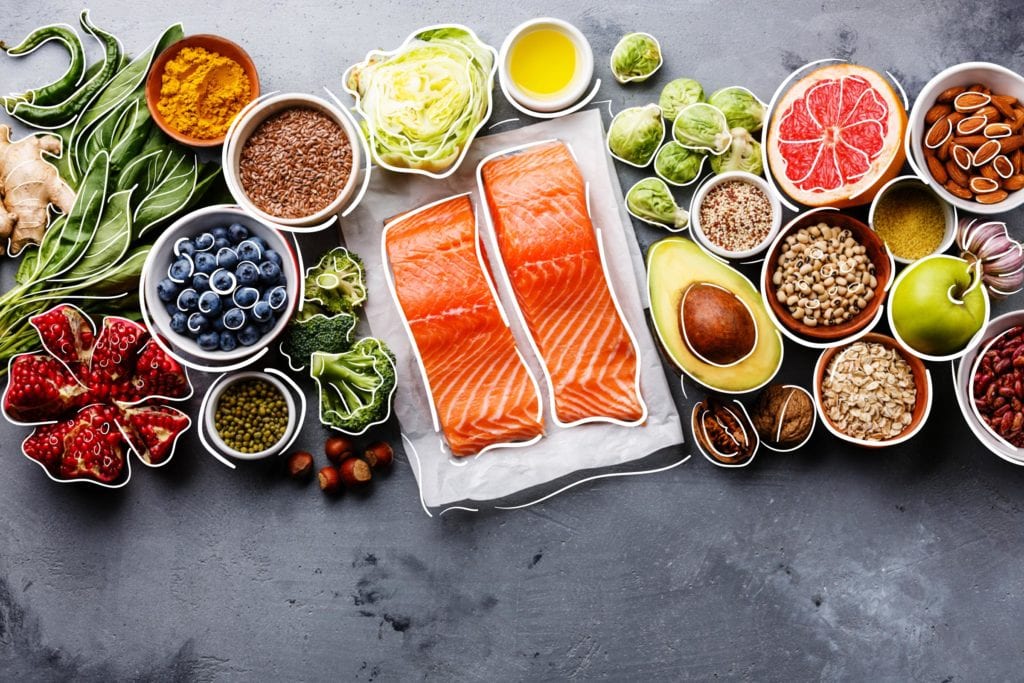

Does the old mantra, “You are what you eat,” hold true for people with rheumatoid arthritis (RA)? Recent research suggests yes, but only to a certain extent.
While there’s no magic food that will cure RA, a recent Swedish study published in the journal Nutrients found that patients who ate a higher-quality diet tended to have less inflammation as indicated by lab tests that measured erythrocyte sedimentation rates (ESR) snd C-reactive protein (hs-CRP).
However, these improvements in inflammation didn’t seem to have an impact on disease activity scores.
To assess dietary quality, researchers evaluated questionnaires filled out by 66 patients and assigned scores based on how much — or little — participants consumed from different food groups. “Frequent consumption of fruit, vegetables, whole grain bread, and fish contribute positively to the index score, while intake of cheese, sausage, and discretionary foods contribute negatively,” the authors explained.
Less than 10 percent of study participants were deemed to eating a high-quality diet. “The associations between dietary quality and inflammation seemed to be driven by the indicators of fiber intake and fat quality, and less by intake of discretionary foods,” the researchers wrote.
So how important is diet for people with RA? That still remains to be determined. This study and another recent one (that similarly looked at diet quality and inflammation) were both “cross-sectional studies, and therefore do not provide any causal relations between RA disease activity and dietary modifications,” Sara Seyedali, MD, a rheumatology fellow at Cooper University in New Jersey wrote in an expert critique for MedPage Today.
Still, aiming to eat a healthier diet has few drawbacks — and many potential benefits. People who eat a nutrient-dense, high-fiber diet tend to have a lower risk of cancer, heart disease, and, of course, obesity (which, in turn, may impact your RA symptoms).
Track Your Arthritis Symptoms
Use our ArthritisPower app to track your symptoms and disease activity and share your results with your doctor. Learn more and sign up here.





